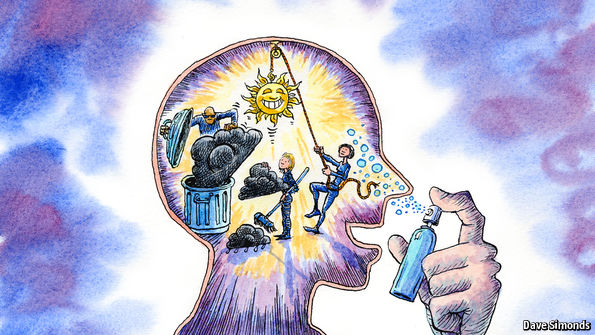Novel drugs for depression

IT STARTED out as LY110141. Its inventor, Eli Lilly, was not sure what to do with it. Eventually the company found that it seemed to make depressed people happier. So, with much publicity and clever branding, Prozac was born. Prozac would transform the treatment of depression and become the most widely prescribed antidepressant in history. Some users described it as “bottled sunshine”. It attained peak annual sales (in 1998) of $3 billion and at the last count had been used by 54m people in 90 countries. And, along the way, it embedded into the public consciousness a particular idea about how depression works—that it is caused by a chemical imbalance in the brain, which the drug corrects. Unfortunately, this idea seems to be only part of the story.
In science it is good to have a hypothesis to frame one’s thinking. The term “chemical imbalance” is just such a thing. It is a layman’s simplification of the monoamine hypothesis, which has been the prevalent explanation for depression for almost 50 years. Monoamines are a class of chemical that often act as messenger molecules (known technically as neurotransmitters) between nerve cells in the…Continue reading
Source: Economist




